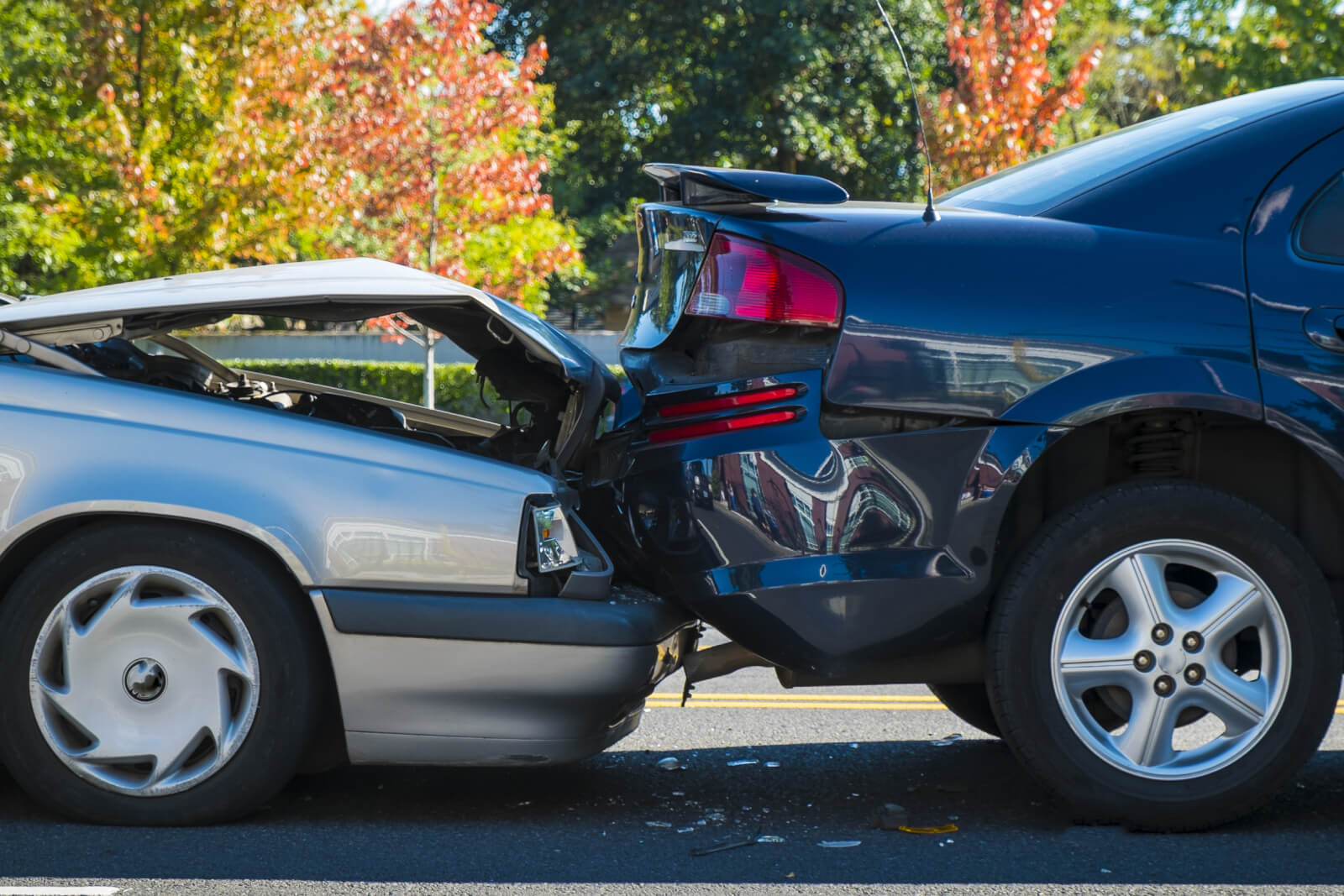About Lane Change Fault
In order to recover the compensation award that you deserve following a car accident in Indiana, you’ll need to prove the fault of the other driver (or another responsible party). In fact, unless you have certain other coverage types, such as personal injury protection (PIP) coverage, unless you can prove the fault of the other party, you’ll likely be barred from recovery at all.
The fact that you need to prove fault in order to recover compensation can make getting the settlement that you deserve difficult, especially if you’ve been involved in an accident where fault was unclear. One type of accident type that typically raises questions about fault is a changing-lanes car accident. If you have been involved in a changing-lanes car accident in our state, here’s an overview of what you need to know about determining fault–
CAUSES OF LANE-CHANGING ACCIDENTS
Most of the time, the biggest cause of a lane-changing accident is a driver merging into another driver’s lane without checking to make sure that their path is clear before doing so. This could be because the other party is within the first driver’s blind spots, or simply because the lane-changing driver is behaving negligently, perhaps distracted or impaired. However, this is not the only cause of lane-changing accidents. Other causes include an aggressive rear-driver, the failure to use turn signals (which is mandatory in Indiana), aggressively moving in and out of lanes, poor signage that forces drivers to merge without warning, and defective brakes, signals, or other vehicle parts.
CAN DRIVERS SHARE FAULT IN A CHANGING-LANES CAR ACCIDENT?
It’s definitely possible that fault for a changing-lanes car accident is placed on both parties. For example, perhaps Driver A failed to look before changing into Driver B’s lane, but Driver B was traveling well above the speed limit, increasing the risk of a collision. As such, both drivers are found to be partially at fault.
Shared fault can have an effect on your car accident claim, though. To be sure, Indiana recognizes the rule of modified comparative fault with a 51 percent bar. This means that a driver in Indiana can be found to be up to 50 percent at fault for an accident and may still seek compensation from the other driver. If the plaintiff driver is 51 percent or more at fault, however, the party will be barred from damages. What’s more, a claimant’s/plaintiff’s recovery award will be reduced in proportion to their degree of fault. So, if you are found to be 35 percent to blame for a changing-lanes car accident, you can still hold the other driver 65 percent responsible for your crash, but you’ll only be able to recover 65 percent of your total damages award from that driver as such.
DETERMINING FAULT IN A CHANGING LANES ACCIDENT
If you have been in a changing lanes accident and are being told that your actions were the primary cause of the accident, or that your actions contributed to the accident, and you dispute this claim, you should start working immediately on building your defense and proving the fault of the other party.


This process demands a thorough investigation into your case and intensive evidence-gathering. In addition to the forms of evidence such as photos of the accident, witnesses’ statements, damage to vehicles, and a police report, you may also benefit from the opinion of an accident reconstruction expert. This type of expert will recreate your crash in order to determine how it happened and who should be held liable.
MAKING A DIFFERENCE
IN THE LIVES OF OUR CLIENTS.
$700K
SETTLEMENT
Spinal Cord Injury
$674K
SETTLEMENT
Back Injury
$600K
SETTLEMENT
Neck, Back, & Lung Injury
$350K
SETTLEMENT
Back/Hip Injury
$347K
SETTLEMENT
Knee/Leg Injury
$346K
SETTLEMENT
Back Injury
DO I HAVE TO ACCEPT A SETTLEMENT IF I DISPUTE FAULT OR DAMAGES?
Once fault and damages have been determined in a car accident claim, an insurance adjuster will offer a claimant a settlement. Know that you do not have to accept this settlement; in fact, you probably shouldn’t, especially if you dispute claims of fault made against you or the amount the insurer is offering. You maintain the right to reject a settlement and negotiate for a higher offer. A lawyer from our law firm can represent you during this process, as well as represent you in litigation should your case go to court.
AREAS WE PRACTICE
At the Delventhal Law office, our Fort Wayne personal injury attorneys are committed to fighting for the rights and interests of accident victims. If you or a family member was injured because of the carelessness or recklessness of another party, we can help. Our Indiana personal injury lawyers handle a wide array of legal cases, including:
Car Accidents
Our top-rated Fort Wayne car accident attorneys are committed to fighting for the legal rights and financial interests of injured victims.
Bicycle Accidents
Besides collisions between vehicles, crashes involving cyclists and vehicles are some of the most common types.
Truck Accidents
Treating truck accident-related injuries can leave injured parties struggling with mounting medical bills and undue hardship.
Workers' Compensation
When you suffer a serious injury on the job, you have to deal with your employer and your employer’s workers’ comp insurance company.
Wrongful Death
Collecting damages can never replace the loss of a loved one, but it can go a long way towards helping a family pay off medical debt and focus on grieving.
Motorcycle Accidents
The trouble with motorcycle riders is that they don’t necessarily have a reputation for defensive driving.
Birth Injuries
We represent mothers and children when they are injured by medical malpractice.
Burn Injury
When a person sustains debilitating burn injuries, it can be difficult and sometimes even impossible to return to life before the accident.
MAKE ONE CALL,
DELVENTHAL LAW


